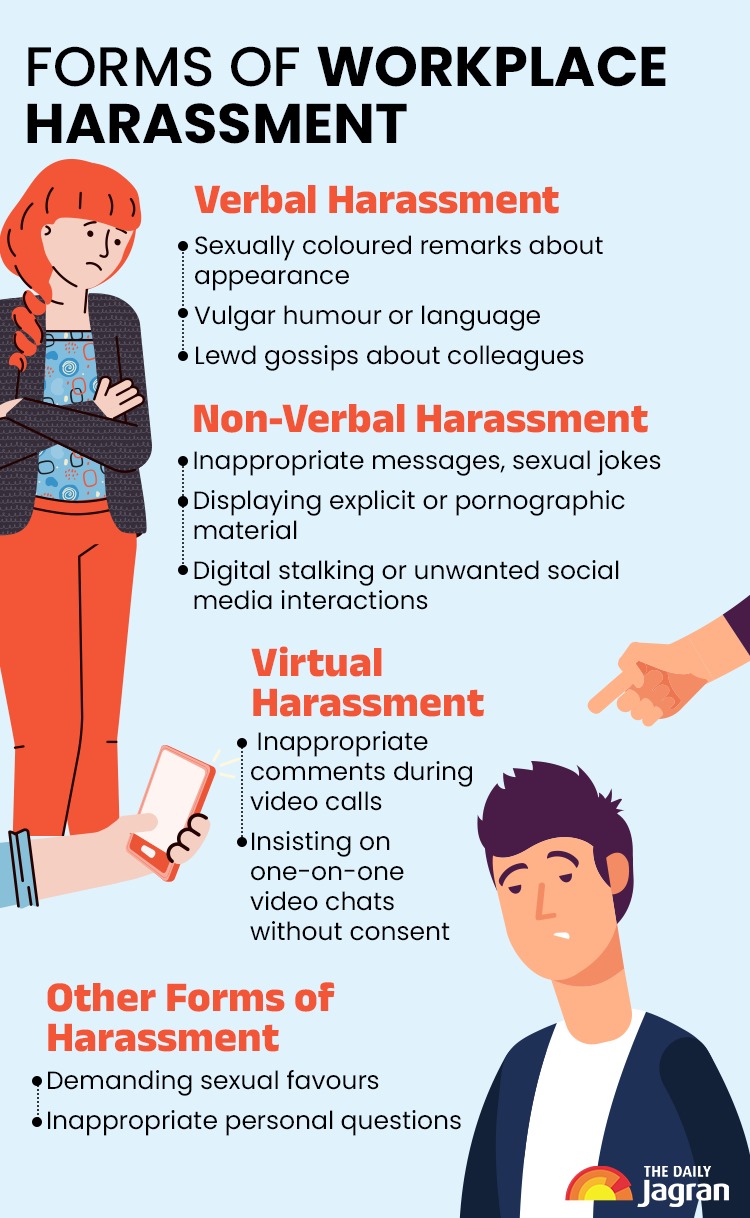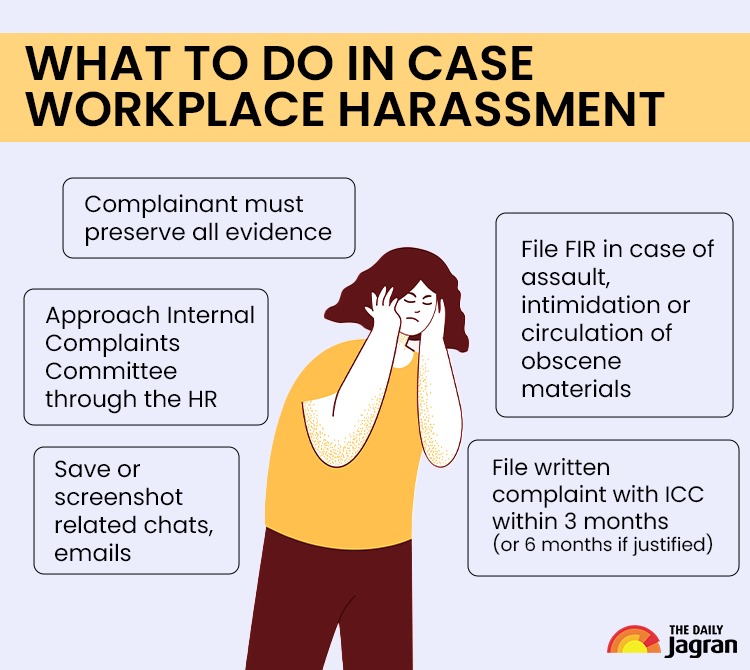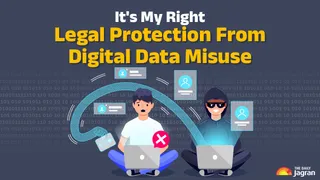- By Priyanka Koul
- Tue, 30 Sep 2025 06:28 PM (IST)
- Source:JND
It’s My Right: In today’s fast-evolving corporate world, a safe and respectful workplace isn’t just a legal requirement, it’s the foundation of a healthy work culture. The Prevention of Sexual Harassment (POSH) Act plays a crucial role in ensuring that every employee, regardless of gender, feels protected, valued, and empowered at work.
When we hear about POSH, most of us instantly picture office cabins, meeting rooms, or corporate corridors. It’s often assumed that this law only protects those who physically work in offices. But that’s far from the truth.
What Comes Under POSH When Working from Home?
The reality is that sexual harassment isn’t confined to four walls. With hybrid setups, video calls, remote work chats, and digital interactions becoming part of our daily professional lives, the scope of POSH has expanded. Whether it’s an inappropriate message during a late-night work chat, an offensive remark made on a video call, or harassment during an official trip, POSH ensures that employees are safeguarded in every professional interaction, no matter where they are working from.
With the rise of remote and hybrid work, incidents of workplace harassment have shifted online. This includes:

What Is POSH Act?
The POSH Act aims to prevent and address incidents of sexual harassment of women at their workplace. It also provides a mechanism for redressal of related complaints. This Act was born out of the landmark Vishakha case which laid down the framework for safe workplaces in India. The Act came into force from December 9, 2013. It applies to all workplaces government, private, and non-governmental as well as any organisation, institution or establishment.
Recommended For You
The Daily Jagran spoke to Pratik Vaidya, a labour law compliance expert and Managing Director of Karma Management Global Consulting Solutions Pvt. Ltd, who explained how women employees can leverage the POSH Act to tackle digital misconduct in hybrid work models.

“Courts and Internal Complaints Committees (ICCs) have interpreted this to mean that home offices, virtual meeting spaces, and digital platforms also fall under the law’s ambit. So, it’s reassuring that the POSH Act covers digital misconduct as well,” he said.
ALSO READ: It’s My Right: Legal Protections Every Woman Should Know During Arrest And Detention
POSH Act: What Should Companies Do
Every company with more than 10 employees must have an Internal Complaints Committee (ICC). The ICC must conduct an inquiry and recommend appropriate action upon receiving a complaint. The HR department must assist the complainant in the entire process, including helping them reach the ICC.
The company doesn’t have any right to choose or replace the ICC members.

To ensure safety for all, companies must:
- Update their POSH policies to explicitly cover digital conduct
- Train employees on online etiquette and respectful communication
- Simplify and protect reporting mechanisms for all workers, including remote or contract employees
- Train ICC members to handle digital evidence effectively
- Promote a zero-tolerance culture through strong leadership messaging
ALSO READ: It's My Right: Everyday Laws That You Should Know
Vaidya highlighted the ignorance among employees as he said, "Many incidents go unreported due to lack of awareness. Employees often don’t realise that inappropriate chat messages or unsolicited video calls linked to work qualify as harassment." Thus, there appears to be an urgent need to raise awareness among employees working from home. The companies must actively inform employees of their workplace rights.
(Disclaimer: This article is part of the series 'It's My Right'. The views expressed in the article are for informational purposes only and do not constitute legal advice. To read more articles in the series, click here )



-1762924998307_m.webp)


